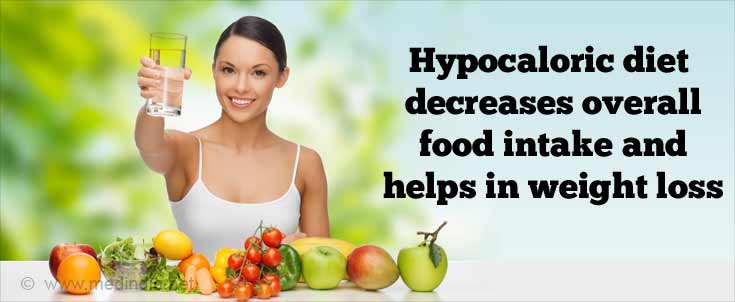Secret Tip I
A Hypocaloric diet with no more than 25 to 30 grams of fat per day! Fat needs to be restricted in the diets of seniors as vigorous activity levels decrease and it becomes very difficult for the body to efficiently burn it. So, the excess fat keeps depositing over a period of time. Elderly individuals have to watch out for the visible fat (ghee, oil used in cooking, cheese, paneer) and the invisible fats present in various processed foods (biscuits, bakery foods, dry snacks, dressings, sauces, and calories from alcohol also get converted to fat).
Excess fat leads to high LDL cholesterol and triglyceride levels, abdominal obesity which manifests as heart ailments, high blood pressure, vascular diseases, diabetes and cancer.
A hypocaloric diet is a must. Overall food intake should decrease gradually. For e.g. breakfast and lunch could be combined and eaten as brunch. Excess calories consumed in the form of any food, if not utilized ultimately get converted to fat. Lesser caloric intake results in storage fat being burned as fuel.

One should eat small serves of light foods (fruits, green tea, juices, soups, coconut water, and buttermilk) in between big meals to prevent excessive caloric consumption at any time.
One should keep a check of the simple sugar and hidden fat content of the foods being consumed. Foods should be less greasy.
One should prefer to eat light simple meals with minimum sugars and fats. Cheese, paneer, whole pulses, pickles, papads, parathas, fast foods, restaurant foods, sweets, whole fat milk are all heavy to digest and caloric dense. It is essential to opt for light dals, pulaos, khichdi, idlis, dhoklas, phulkas, upma, green veggies, fruit stews, soups, toast, and oats keeping in mind the portion size. It is most essential to stop eating till three-fourths of the stomach is full.
If alcohol is being consumed, there has to be a gradual reduction in its intake.







Good Article. consuming less calories is very good cause to weight loss.